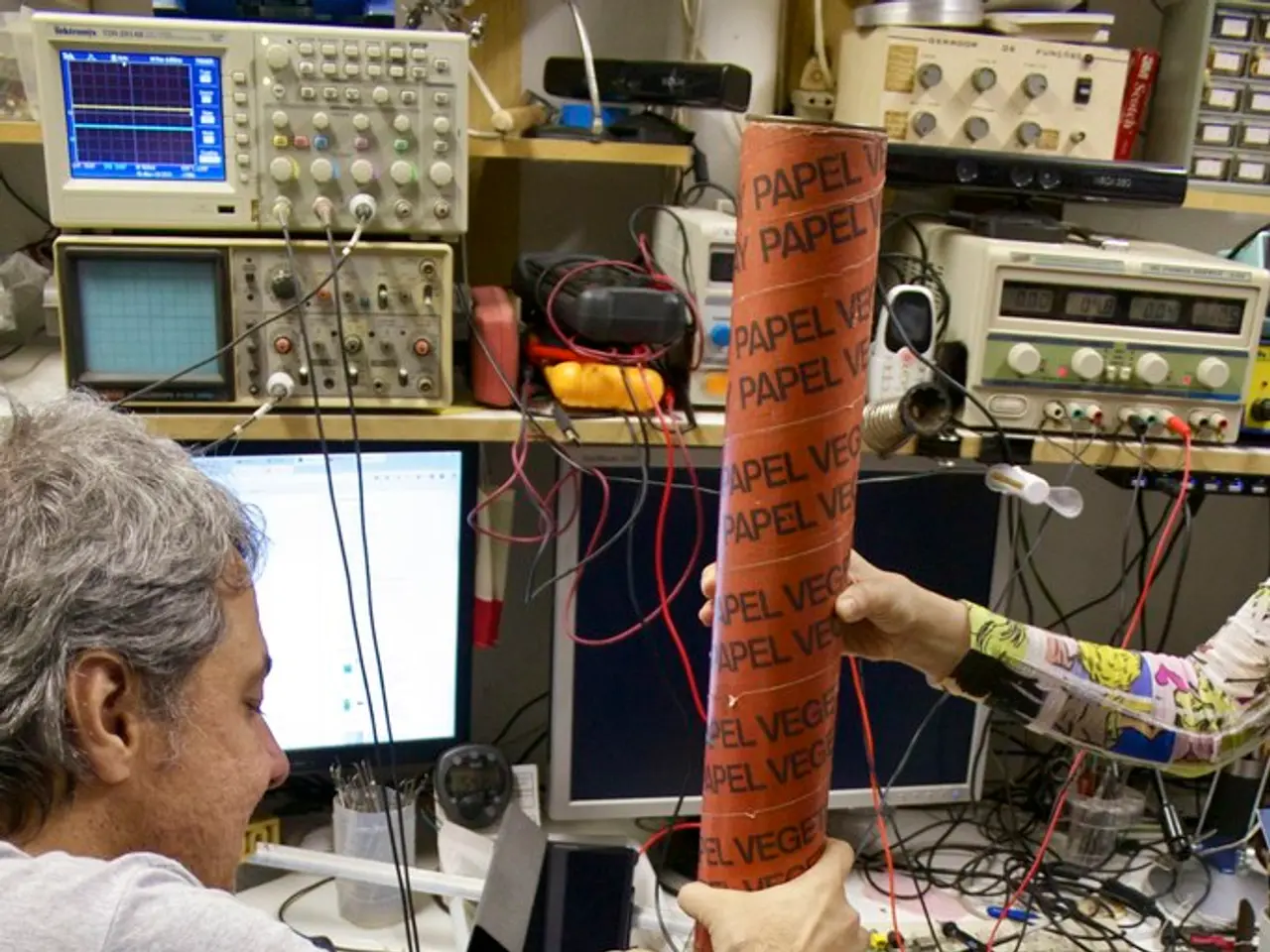Taking a Fresh Look at the E-Fuels-Only Law
By Dr. Friedrich Gebert, Attorney and Partner, Arqis, and Finn-Ole Münchow, Attorney, Arqis
Is regulation instrumental in sparking an electrical revolution?
As sales figures for electric vehicles (EVs) in Germany dip, and German car manufacturers shift towards a future without internal combustion engines (ICEs), the legislature is stepping in to steer things back on track. The EU has implemented a regulation on the infrastructure for alternative fuels, setting minimum expansion targets for charging infrastructure across Europe. Simultaneously, the Federal Ministry of Finance has proposed the E-Fuels-only law, aimed at taxing EVs based on a technology-neutral approach that includes climate-neutral vehicles other than EVs.
This new law has four primary focuses:
- Creating a new vehicle category: E-Fuels-only vehicles. Owners may receive a certificate from their local vehicle registry confirming their vehicle runs on climate-neutral fuels.
- Exemption from vehicle tax for ten years for E-Fuels-only vehicles registered between January 1, 2030, and December 31, 2039. The exemption concludes by 2042 at the latest.
- Treatment of E-Fuels-only vehicles like electric vehicles for tax purposes, mainly affecting vehicle tax and private company car usage.
- Reduced rental and leasing costs for E-Fuels-only vehicles, relieving companies from additional taxes.
Unfortunately, there has yet to be a clear consensus at the EU level regarding how E-Fuels-only vehicles should be treated. The agreement in autumn 2024 between Berlin and Brussels on phasing out the ICE is still pending. Furthermore, E-Fuels are costly and scarce, emphasizing the need for the government to invest in their development and production to ensure sufficient availability. Also, there should be transparent guidelines on the actual carbon footprint to confirm that E-Fuels are indeed environmentally friendly; the environmental impact of E-Fuels production requires investigation.
E-Fuels - An Important Alternative
E-Fuels can offer a solution for vehicles where electrification is challenging or impractical, such as trucks and airplanes. They can also provide an option for ICEs remaining on the road for years to come.
However, the production of E-Fuels is energy-intensive and currently considered inefficient compared to the direct use of electricity in EVs. While an electric car consumes about 15 kWh of electricity for 100 km, a car powered by E-Fuels requires roughly 70 kWh of energy for the same distance. Moreover, E-Fuels are pricier than electricity or fossil fuels.
For the time being, until full electrification is attainable, promoting E-Fuels remains sensible. It's vital that E-Fuels' promotion does not impede the development of electromobility; concurrent promotion is necessary in our view.
The E-Fuels-only Law stirs controversy by providing an incentive to prolong ICE ownership. If e-fuel becomes market-ready, ICEs could continue operating unaltered, easing but also slowing the shift to electromobility. Manufacturers may prioritize ICEs over electric vehicles, and the cost of converting to e-fuel compatible engines increases. Availability and price are crucial for market acceptance.
Further Measures Needed
Despite the intrigue of E-Fuels, electromobility remains the key to reducing carbon emissions in traffic. Steps must be taken to speed up the transition to battery-electric vehicles:
- Expanding the charging infrastructure is essential. Charging stations must be readily available across the nation.
- Promoting the sustainable production and recycling of batteries is necessary.
- Increasing tax incentives and purchase premiums for electric cars can boost demand. To ensure electric cars remain climate-friendly, the expansion of renewable energy sources must be prioritized.
The future of our planet demands a balanced approach that integrates both E-Fuels and electromobility for a sustainable future.
Stay tuned for the legislative developments on e-fuels as the 2035 deadline for zero-emission vehicles draws closer, and the EU unveils its new vehicle category for e-fuel-only cars. The climate is at stake; let's work together to create a sustainable future.
Dr. Friedrich Gebert is a lawyer and partner at Arqis, Finn-Ole Münchow is a lawyer at Arqis.
Sidenote:
Although Germany doesn't have a standalone "E-Fuels-only law", the EU agreement allows for the registration of cars running exclusively on e-fuels after the 2035 deadline for zero-emission vehicles, provided they are made with clean energy[1]. The Commission will designate a new vehicle category for e-fuel-only cars and present a delegated act to enable these vehicles to count towards EU car CO(_2) targets[2]. The focus remains on achieving climate neutrality and meeting emissions targets, with e-fuels seen as a potential complementary technology[2].
[1] European Commission. (2022, July 28). Fact sheet: the CO(_2) emission standards and CO(_2) performance standards for new passenger cars and new light commercial vehicles. Retrieved August 15, 2022, from https://ec.europa.eu/transport/road_safety/vehicles/docs/factsheet-co2-standards_en.pdf
[2] Nohmann, F. (2022, August 8). Currious Insurance News. Kompromiss zwischen Berlin und Brüssel: Wieviele Kilometer dürfen E-Kraftfahrzeuge im Jahr 2035 noch CO(_2) absetzen? Retrieved August 15, 2022, from https://news.currious.io/e-fuels-regelung/
[3] German Sustainable Investment Forum. (2022, July). Sustainable Investment Yearbook 2022. Retrieved August 15, 2022, from https://gsif.org/wp-content/uploads/2022/07/2022-GSF-Sustainable-Investment-Yearbook_Pub.pdf
- The proposed E-Fuels-only law in Germany involves exempting E-Fuels-only vehicles from vehicle tax for ten years, promoting their adoption between 2030 and 2039, as long as they adhere to European guidelines for emissions and are registered before 2042.
- In 2023, it is crucial for the European Union to establish clear guidelines for the carbon footprint of E-Fuels to confirm their environmental friendliness and to investigate the environmental impact of E-Fuels production.
- German automakers will likely continue producing Internal Combustion Engines (ICEs) in anticipation of the E-Fuels-only law, potentially slowing the transition to electromobility due to the technology's market readiness and cost-effectiveness compared to electrification.




